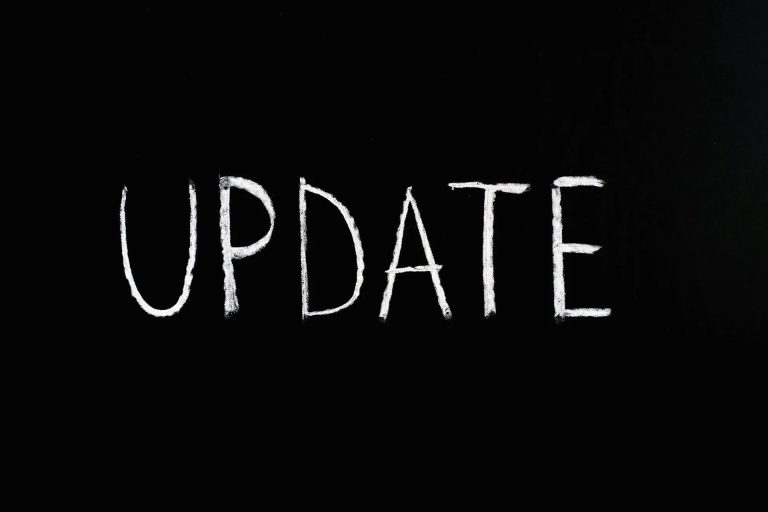Converting Your Home to a Rental
Sometimes there are economic reasons why people convert their personal residence to a rental.
Maybe they are not able to sell the home. Or, their family has been downsized due to kids leaving or a divorce. Or, maybe health or financial reasons will motivate this change.
First, you have to determine whether the home is a rental for profit, a vacation rental or a rental not engaged in for profit.

A rental is considered “not for profit” when rented at less than Fair Rental Value, possibly to a family member. In these cases, income is reported as “other income” on line 21 of the Form 1040. Expenses are allowed, but limited to rental income collected and claimed on Schedule A (on the applicable lines for mortgage interest and property taxes, and under miscellaneous itemized deductions for all other rental expenses – subject to the 2% of AGI rule).
The term vacation rental refers to the taxpayer’s personal use of the property. Days that the house is rented at less than the fair rental value count as personal use days. If a taxpayer has no personal use, the property is treated as a rental. All income and expenses are reported on Schedule E.
If the property is rented for 14 days or less, there is a minimal use exception. The rental income is not reported and all interest and property taxes are deducted on Schedule A.
If the property is rented for at least 15 days during the year, rental income is reported on Schedule E – and the mortgage interest and property taxes are allocated between Schedule E and Schedule A based on the number of days rented. For example, if Joe rented his home for 91 days and used it personally for 30 days, the mortgage interest would be 91/365 = 24.93% on Schedule E and the balance of interest on Schedule A. For operational expenses, the percentage on Schedule E would be 91/121 (91 + 30). Operational expenses related to personal use are not deductible. Note that if you also use the property as a residence for the greater of 14 days or 10% of the total days it is rented to others, the deductible rental expenses would be limited to the amount of rental income. If, however, you don’t use the property enough for it to be considered a residence, deductions would not be limited to rental income – although excess deductions (losses) may be suspended until a later year.
You will need to determine the basis for depreciating the rental, if for profit. To do this, first establish the adjusted basis. This is the original cost plus improvements minus any insurance reimbursements or tax credits. Then, establish the fair market value at the time the home was placed in service for rent. This can be done by comparable sales, appraisal or try www.zillow.com . Then, when you compare the adjusted basis with the FMV, you always take the lower number to use for depreciation.
As with any rental, there are loss limitations of $25,000 for single and married filing joint taxpayers. And, if your income is over $100,000 you may not get all the losses. If your income is over $150,000, your losses will be suspended and you will be able to use them either when you have rental profits or you sell the rental property.
When you sell a rental property that was your personal residence, you have to use the adjusted basis if there is a gain or the fair market value basis if there is a loss on the sale. Also, look back on the last five years of activity for the property. If the house was used for at least two out of the last five years as a principal residence, then the taxpayer can use the Section 121 exclusion to exclude up to $250,000 of gain on the sale ($500,000 of gain for married filing jointly). If you wait too long to sell the property so that the time you used it as a primary home was less than two out of the last five years, you will not be able to exclude the gain. However, even if you qualify, you cannot exclude the part of the gain equal to the depreciation claimed while renting the house.
Note that there can be a limitation on this exclusion – if you convert from a vacation or rental property to a principal residence, even if you lived in it for two of the last five years, the amount of section 121 gain that can be excluded on sale must be adjusted for the time you did not use it as a primary home (“nonqualifying use”). The gain is allocated proportionally between periods of qualifying use and nonqualifying use, and the portion attributed to nonqualifying use is not eligible for exclusion. This applies to use of the home in 2009 or later. Exceptions apply to military and foreign service.
To determine the amount of the gain not eligible for the exclusion, you have to calculate the gain times the number of days of nonqualifying use divided by the number of days owned: total capital gain X (nonqualifying use days/total number of days owned). Recordkeeping of dates will be key!
The decision to convert a primary home to a rental should not be made in haste. As you can see, there are many details and responsibilities that go along with the conversion.




